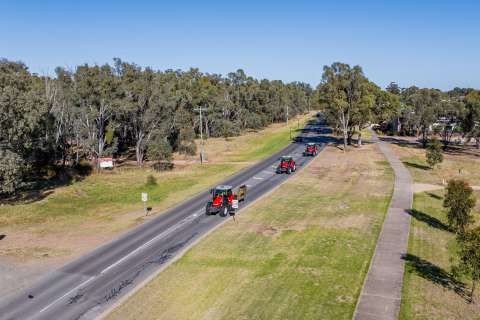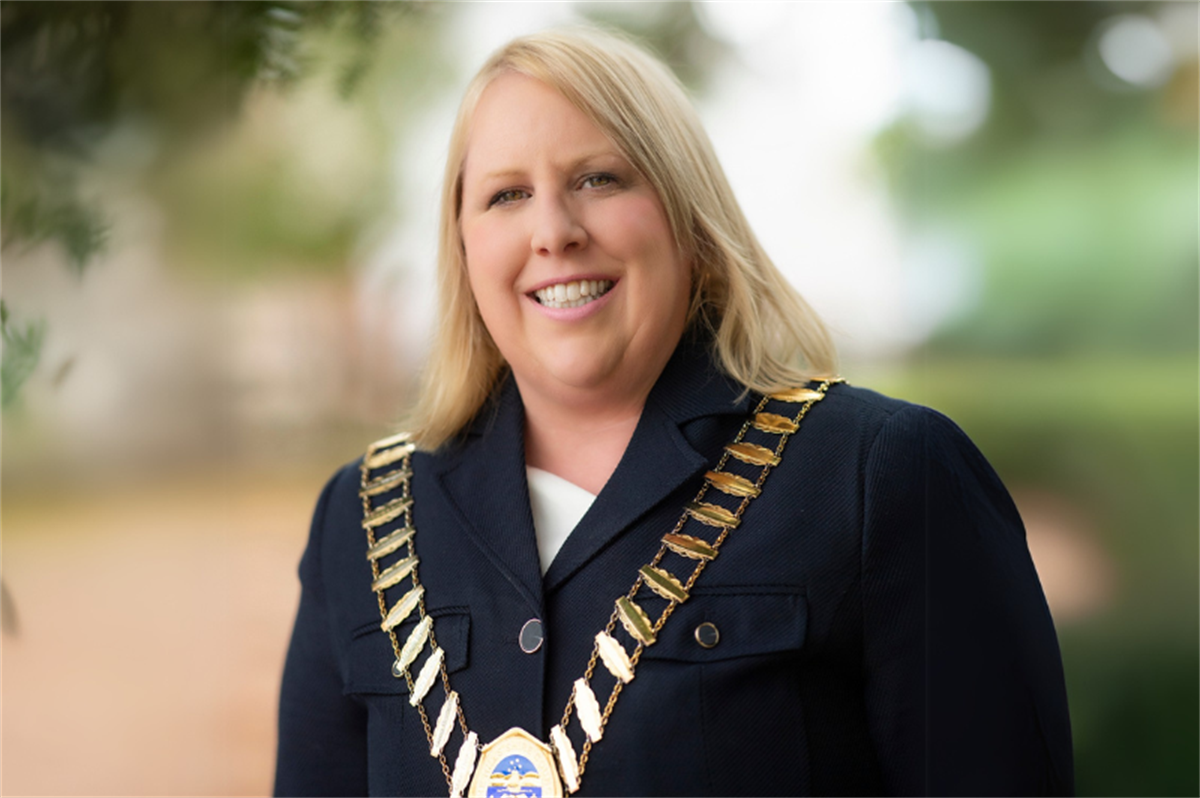Around 20 percent of the world’s agricultural areas yields less than it did 20 years ago. According to the Food and Agriculture Organization FAO, humans are the culprit: we have not done enough to protect biodiversity.
In many respects, nature is an outstanding service provider for agriculture. Bees and bumble bees pollinate fruit trees and other crops. Parasitoid wasps and predatory beetles eat pests that would otherwise attack crops. In addition, there are many other animal species that work free of charge for humans.
The greater the diversity of species and the smaller-scaled the agricultural landscape, the greater the positive effects of natural service providers. In contrast, where huge, monotonously planted areas predominate, the diversity and abundance of useful organisms are significantly reduced. And in the end this also has a negative impact on yields.
Knowledge gained from 89 studies
Humans must ensure the greatest possible biodiversity in order to sustainably secure nature’s free services. It is not enough to rely on a few species as pollinators or pest regulators. This is the conclusion drawn by an international research team in the journal Science Advances.
The more than 100 participating scientists evaluated 89 studies in which the connection between land use, biodiversity and the free services of ecosystems was investigated. The studies took place at almost 1500 sites worldwide – from corn fields in the USA to oilseed rape fields in southern Sweden, coffee plantations in India, mango plantations in South Africa to cereal crops in the Alps.
JMU Biocenter involved
This study was led by Matteo Dainese (now Eurac Research, Bolzano, Italy), Emily Martin and Ingolf Steffan-Dewenter from the Biocenter of Julius-Maximilians-Universität (JMU) Würzburg in Bavaria, Germany. In recent years, the JMU professor and his team have carried out many related studies on biodiversity and ecosystem services – in the surroundings of Würzburg, but also at Mount Kilimanjaro and in South Korea.
The global synthesis reveals for the first time in a consistent analysis that the loss of species richness leds to a significant reduction of biological pest control and pollination in monotonous agricultural landscapes. About half of the losses can be only explained by reduced richness, but not by reduced abundance.
Further the study shows for the first time that the disruption of both ecosystem services leads to significant yield reductions. Matteo Dainese, first author of the study, explains: “For example, a farmer can depend less on pesticides if natural biological controls are increased through higher agricultural biodiversity.”
According to Ingolf Steffan-Dewenter, politics and society should oppose a further impoverishment of agricultural ecosystems: “We need land enrichment,” says the Würzburg animal ecologist. “A high biodiversity in agricultural ecosystems will become increasingly important in order maintain crop production and to mitigate the effects of global change”.
Dr. Emily Martin, second author of the study and member of the JMU team, explains: “It has been controversially discussed whether a few, dominant species are sufficient to maintain crop pollination and pest control services. Our study provides strong evidence that a high number of different species is crucially important to ensure services by arthropods and maintain high yields.”
The study was funded by the EU-FP7 LIBERATION (311781) and Biodiversa-FACCE ECODEAL (PCIN-2014-048) project networks.
Publication
A global synthesis reveals biodiversity-mediated benefits for crop production. Dainese et al., Science Advances, 16 October 2019, DOI 10.1126/sciadv.aax0121







